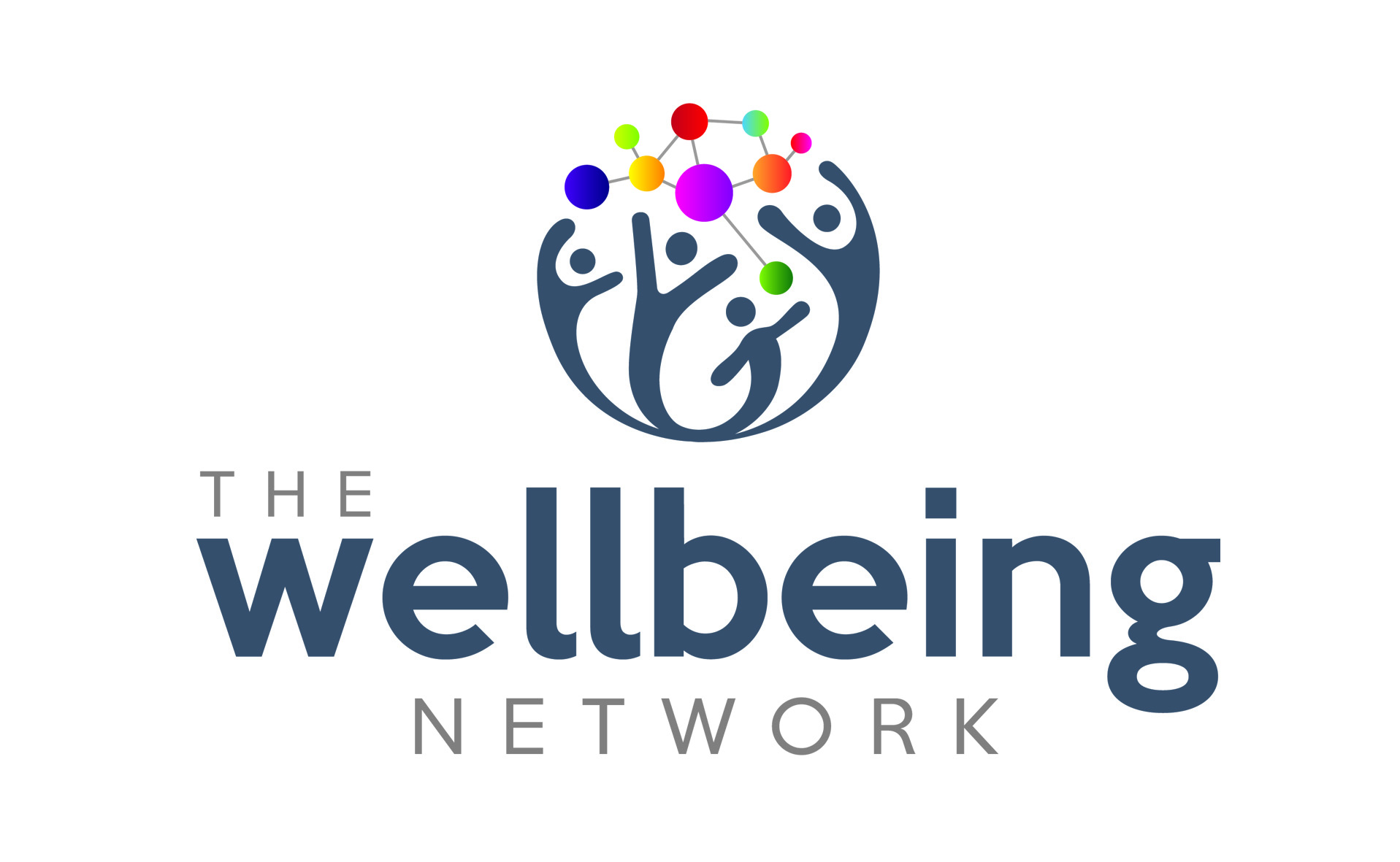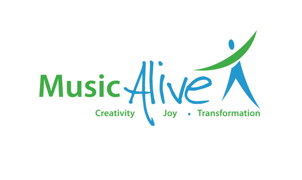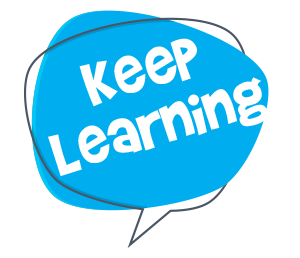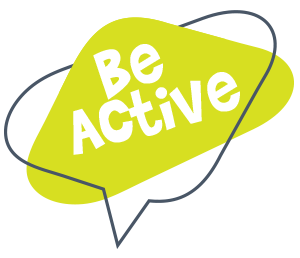News
Recognising and managing stress by Dr. Aoife Dwyer
Stress is our psychological and physiological response when our demands go beyond our coping resources. When we perceive things as threatening, we are left with a feeling of strain or pressure and this can lead to us feeling overwhelmed or like we are struggling.
Stress can be divided into 4 parts:
– How our body reacts
– What we think
– What we do
– How we feel
Typical stressors include:
– Relationship difficulties,
– Demands of parenting,
– Financial problems,
– Work pressures,
– Exams,
– Poor health,
– The loss of a loved one,
– Or simply trying to achieve the work-life balance.
Why is stress harmful you might ask? Stress is not always a ‘bad’ thing. Stress has helped humankind survive – alerts us to danger, helping us to react quickly for example when driving. There is an optimum level of stress and some people thrive on it. It is like blood pressure, everyone has it, but it is a problem if it gets too high. However Stress…
– Can be harmful if it is prolonged and we don’t take action to interrupt the vicious cycle.
– Causes elevated levels of cortisol which can increase blood pressure and decrease libido.
– Can take its toll on our minds and bodies and effect our overall functioning and wellbeing.
– Can lead us to feel anxious, depressed or low in self-confidence.
How to recognise stress triggers? The first step to recognising we are stressed is know your enemy – know what triggers your stress as these are unique for everyone.
It is worthwhile to think about what triggers your stress. Perhaps sit down with a pen and paper and map out what impacts your stress. Common triggers and contributors include health problems, sleep difficulties, life problems (i.e. work, relationships etc.), drinking too much, poor self-confidence, anxiety, panic, depression or anger.
What happens to our body when stressed? When the body thinks it’s under attack, it triggers the fight or flight response. This happens when the threat is real or perceived. This is an ancient survival mechanism designed to help us/the caveman fight the tiger and run away.
The body releases a complex mix of hormones and chemicals such as cortisol and adrenaline which rouse itself for action. Blood is diverted to the muscles and unnecessary bodily functions shut down for fight or flight, such as digestion. This is why your mouth goes dry or you may feel nauseous.
Two key things happen in the body:
- Your autonomic nervous system speeds up – so your heart races, breath quickens, you sweat sexual function declines, you become more vigilant and anticipation improves.
- Secondly, your muscles tighten, so you may notice chest pain, headaches, your hands or legs trembling or muscle tension in your body.
The fight or flight response is built into us to help survive physical threats. This is still useful, for example if you had to get out of the way of a moving car.
It is not as useful when fight or flight happens in inappropriate situations, for example perceiving a treat from social situations, an angry boss, bills, or having to do many tasks.
In the 21st century, fight or flight happens in response to these stressors. However it is often not needed and leaves us with uncomfortable sensations.
How does stress effect you? Stress effects our body, thoughts, behaviours and feelings. In addition to knowing our triggers, we need to become aware of how it affects us individually.
Look out for the following changes:
- Bodily:
– Feeling tense, back and neck tension, chest pains, headaches,
– Feeling nauseous, developing a knot / discomfort in your stomach,
– Faster breathing and heart rate,
– Sweating, trembling hands, legs turning to jelly
– Bowels and bladders loosen
– Dry mouth, increased or decreased appetite
– Disruption of normal sleep pattern
- Your thoughts:
– Worrying or ruminating
– Being more self-critical or self-conscious
– Poor concentration and being easily confused, leaving us feeling like we can’t think straight
– Inability to ‘switch off’ our mind
– Feeling worthless or being low in self – confidence
– Poor self esteem
- Feelings:
– Anxious
– Angry
– Depressed
– Hopeless
– Overwhelmed
– Irritable
– On edge
- Your actions:
Our actions can be divided into two categories
- Avoidance which only works in the short-term but works out worse for us in the long-term. It wrecks our self-esteem and can maintain or worsen our anxiety or low mood.
- Behaviour (More irritable or aggressive, arguing more, taking more risks, making mistakes or becoming accident prone, trying to do too much at once, crying easily, drink and smoke more, cleaning or checking things more frequently. This can impact self-esteem and increase self-consciousness.
Stress is a vicious cycle, with our actions, thoughts, and body sensations feeding one another.
What’s important is – What can you do to reduce stress? The good news is there are lots of simple but highly effective things you can do to manage your stress.
Target the effects on body, mind and actions. If you can control these, you can control your stress.
- Body:
– Breathing exercises / retraining – deep belly breathing is a quick way to slow down and calm the body.
– Progressive Muscle relaxation – working down the body progressively tensing and relaxing the muscles.
– Consider if caffeine intake plays a role and cut down slowly. The effects of caffeine can be mistaken for anxiety. It is important to wean yourself off caffeine rather than cutting it out completely. Use decaf tea / coffee, cut down on energy drinks, and be aware that many pain killers contain caffeine.
– Moderate exercise at least 30 minutes most days of the week. This 30 minutes can be broken up across the day also. An example of moderate exercise would be going for a walk and still being able to hold a conversation. Make it enjoyable! How many people join a gym in January and but never make use of that membership? Fit whatever exercise you can in with your lifestyle and preferences e.g. cycling, jogging, swimming. You could incorporate a social aspect which is also important for mental health e.g.soccer, dancing, badminton, golf or a brisk walk with a friend / dog. Exercise increases blood flow to the brain and releases endorphins which are our natural anti – depressant and aid sleep. Exercise has a positive impact as it can give us a sense of purpose and boost our self-esteem.
- Mind/Thoughts:
– Stand back, pull back the blinkers and wait a minute.
– Then…challenge your thoughts. When stressed, our thinking becomes more negative and it is important to challenge these negative thoughts. Use ‘The Big 5 Challenges’: What are the chances?, What is the worst that can happen?, Am I right in thinking this?, What is it worth? (i.e. is life too short to worry about this?), The 5 year rule (i.e. will this matter in 5 years?)
– Breaking stress up skill: a) Prepare to face stress (plan, use the big 5 challenges, relaxation, exercise) b) Face the stress (take things one step at a time, use your breathing), and c) Review how it went (learn for the next time).
Actions:
– Face your fears. It is easier said than done but avoidance worsens stress in the long term and this is the only way for your self-confidence to grow. Remember ‘short-term pain, long-term gain’.
– Learn to problem solve by taking issues one at a time. Break it down into 7 bite sized stages:
- State your problem clearly
- Ask what will happen if I don’t solve
- Brainstorm solutions
- Choose best option by drafting a pros and cons list
- Work out plan
- Put into action
- Review
To manage your stress, remember the 5 Ways of Wellbeing – Be Active, Keep Learning, Connect, Take Notice and Give.
Stress control in 10 words: Face your fears, be more active, watch what you drink.
Remember to maintain a balanced diet, stay hydrated, get quality sleep, limit screen-time and be assertive by saying no.
GIVEN ALL THAT INFORMATION, WHAT ARE YOU GOING TO DO TO LOOK AFTER YOUR WELLBEING?
Subscribe to The Wellbeing Network - West Cork
Subscribe now to get free resources from The Wellbeing Network, and stay informed about updates, events and information. By signing up, you are opting in to emails from The Wellbeing Network. We will send you useful information about our work - we promise not to bombard you with mails, we always keep your details private, and you can unsubscribe at any time.
Need to talk?
Click Here




The Wellbeing Network, West Cork
Contact:
National Learning Network Bantry t: 027 51027 e: wellbeingnetwork@nln.ie
Kevin O'Shanahan t: 086 7872481 e: kevin.oshanahan@hse.ie











